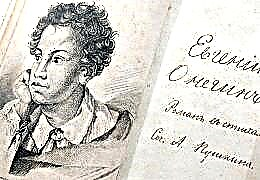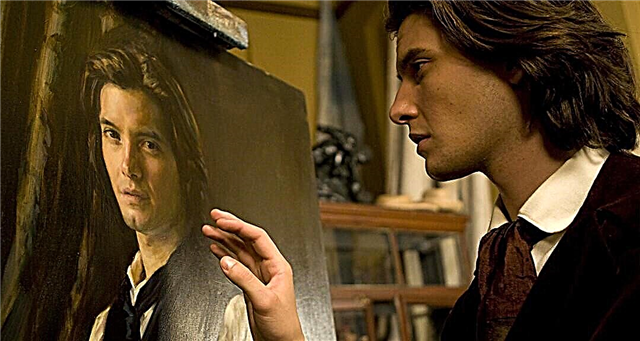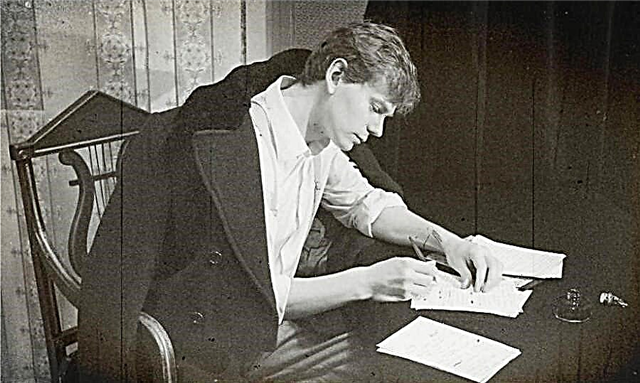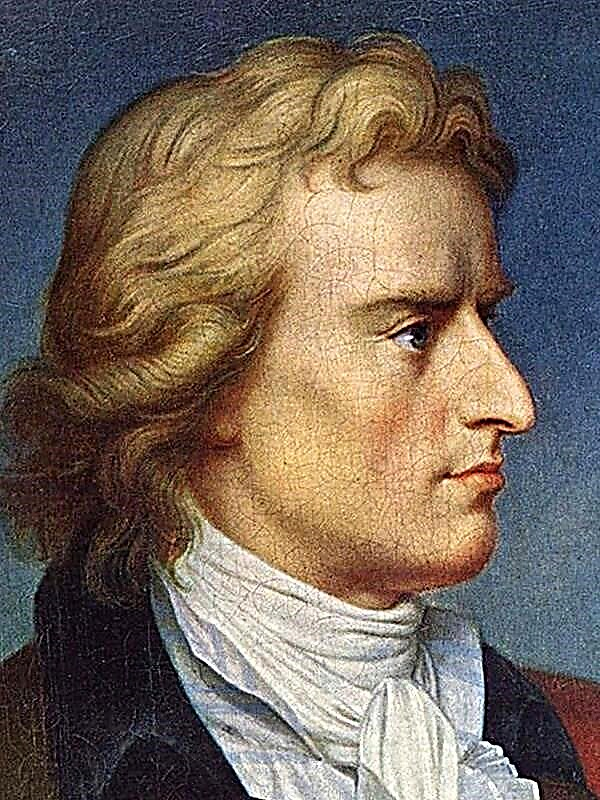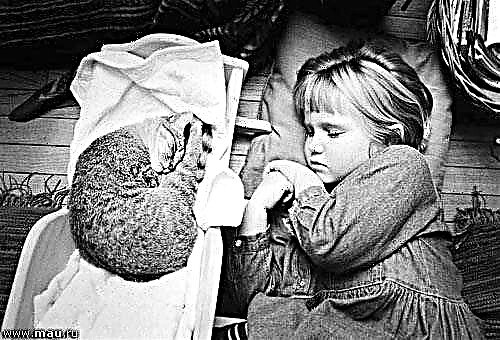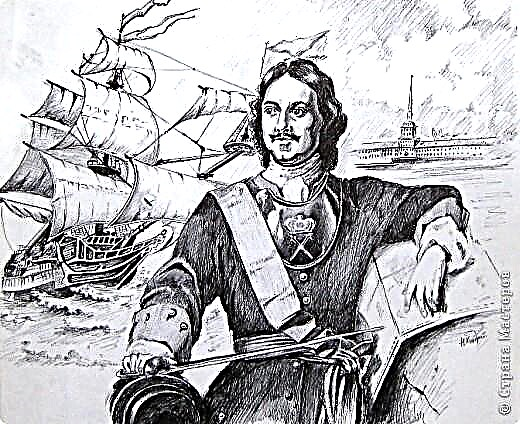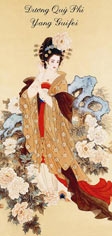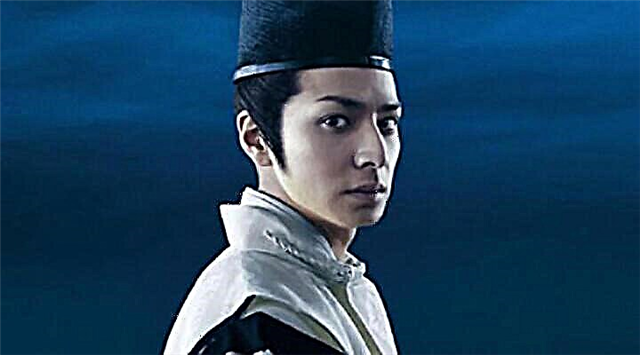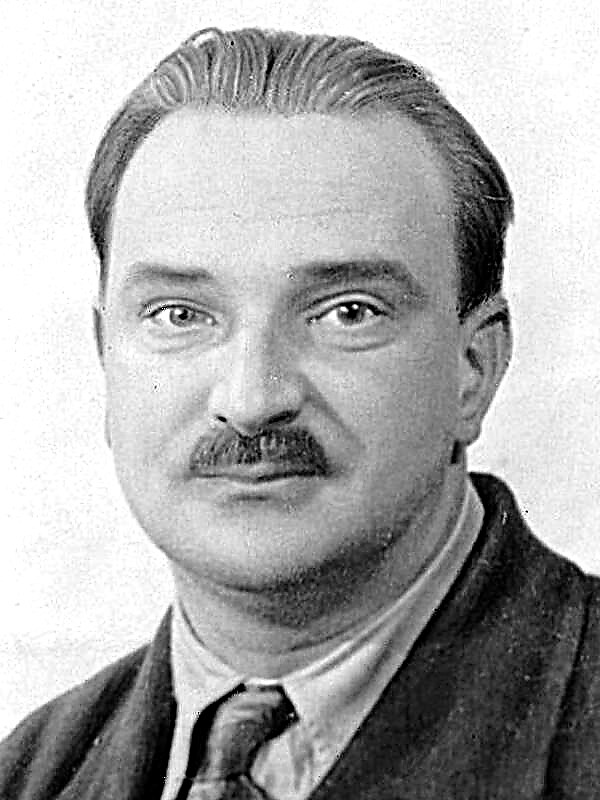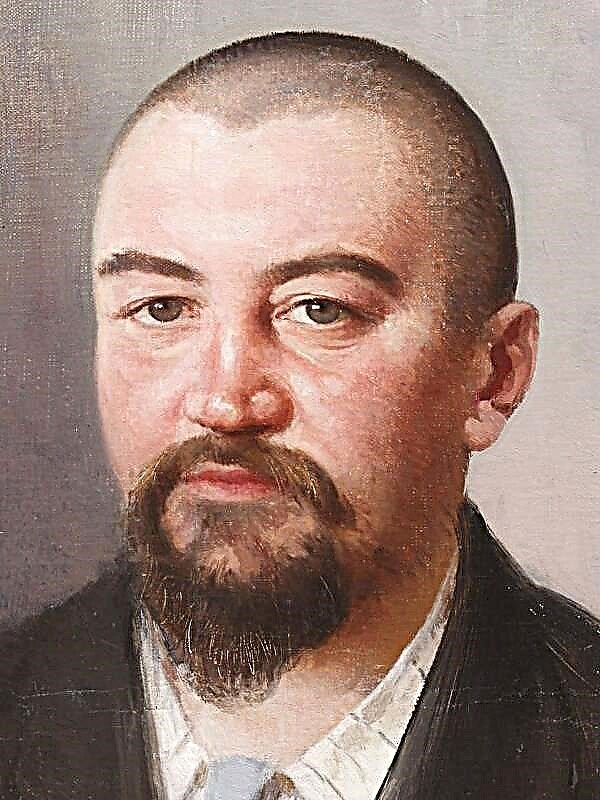In preparation for printing the notes of Murr, the descendant of the famous Ginz von Ginzenfeld (better known to the world as Puss in Boots), the publishers drew attention to the presence in the manuscript of clearly extraneous fragments - excerpts from a previously published story about the bandmaster Johannes Kreisler and his friend maestro Abraham. These pages were in the Murra manuscript for the simple reason that the Cat used them - having gutted a book from the library of his master Abraham - as blotting paper. By a strange coincidence, many episodes of Kreisler’s biography supplement the events described by Cat Murr, but this is an accident, since Murr kept to a strict chronology, and pages from the book were torn out by him arbitrarily. Nevertheless, the publisher left everything as it is - on the grounds that it was to Kreisler that maestro Abraham entrusted the care of Kota Murra, moving away from the court of Prince Irenaeus.
The prince once had a miniature, but his own princedom, which he lost after Bonaparte dissolved the Prussian administration in Poland (some, however, believed that the princedom simply fell out of his pocket for a walk). The most influential people at the court were the counselor widow Benzon (in the young years, the favorite of the prince) and maestro Abraham, who was known as a magician and an alchemist. An organ master and piano tuner, he gained fame as an illusionist and organizer of fireworks and park allegories, was kindly treated by the old prince, wandered around Europe after his death, but then again was called to serve at the court of Irenaeus, who settled in Sighartsweiler.
Another influential - but in a completely different way - person at the court, exciting the most conflicting feelings in the retinue, is bandmaster Johannes Kreisler, who gives music lessons to the daughter of Prince Gedwig and her friend Julia, the daughter of the widow Benzon. Orphaned early, Kreisler was brought up and taught musical notation by maestro Abraham, who for life became his best friend.
Life and spiritual aspirations owed to Abraham and Kot Murr. He believes that he was born in the maestro’s house, and only in the attic (where else could the elevation of his mind and spirit come from); meanwhile, a blind kitten, together with brothers and sisters, he was drowned in the river and, not miraculously drowning, was pulled out of the water by the scruff of Abraham passing across the bridge. Education in the traditions of Rousseau, along with a craving for the maestro’s desk and books on the table, led to the fact that Murr very soon learned to read (comparing the master read aloud with the words in the book), and then write. The first literary experiments of Kot were the didactic novel “Thought and Flair, or Cat and Dog” (created not without the influence of the poodle Ponto), the political treatise “On the Question of Mousetraps” and the tragedy “Cavdallor the Rat King”. Alas, the book with poetry by Murra, given for reading Ponto, fell into the hands of the owner of the poodle, the professor of aesthetics Logario, and he (obviously, out of envy) began to meditate on the phenomenally gifted Cat maestro Abraham. The maestro is worried that the pussy is more concerned about graceful literature than mice, and closes Murra’s access to reading, “What can cause a genius more pain than seeing yourself unrecognized and even ridiculed!” - Murr complains, but is comforted by the fact that even as a result he began to create his own mind.
Similar experiences are experienced by the Kapellmeister Kreisler. He is burdened by his role at court, secular etiquette and hypocrisy. “Only music flows in the veins of this young man,” he rephrases the description of an old instrument in a musical vocabulary. Comforting Kreisler is the company of the sweet maid of honor Julia, whose soul, like him, is open to divine sounds. Princess Gedwig joins their solitary music lessons, who at first had a dislike for the bandmaster. The Princess confesses to Kreisler because of her confusion from his appearance at the court: her heart is tormented by the memory of a court painter who went crazy with love for her deceased mother; many wonderful portraits of the princess still adorn the castle walls, inspiring Gedwig with the idea that a person was born for a better life than the one she leads. “The artist’s love! - exclaims Gedwig. “Oh, this is a beautiful, heavenly dream - but only a dream, only a vain dream! ..”
The story told by Princess Gedwig deeply excited Kreisler. Unearthly music and unearthly love - that's all that has true value, is not subject to doubts and ridicule, with which he looks at everything around. Confidently talking with maestro Abraham, he finds in him a complete ally. In the life of the maestro there were two minutes of happiness: when he listened to the sounds of an old organ in an abbey far from the bustle of the world and when he was with him, Kiera, his young assistant in focus with the Invisible Girl, and then his wife. Thanks to her prophetic gift and magnetic influence on people, even at a great distance, the magician and mechanic Abraham was brought close to the court of the old prince. Bliss did not last long: shortly after the death of Prince Kier, she disappeared without a trace. This heart wound has not yet healed.
... The hour of love also struck for Kota Murr: the ides of March came - and on one of the night walks on the roof he meets a charming cat named Mismis. The first love date is interrupted and overshadowed by her two disgusting cousins: they brutally beat Murr and dump him in the gutter. The image of Mismis haunts him, he composes hymns and madrigals in her honor. The fruits of his inspiration are paid in full! Murr and Mismis meet again under the moon, no one prevents them from singing a duet (she is extremely musical). The cat decides to use a radical remedy for subsequent amorous torment: it offers its Fair Lady a paw and heart. Oh Gods! She agrees! .. However, in the life of every poet, the hours of bliss are fleeting: Mismis cheats on Murra with a motley cat-lovelace. The explanation of the spouses proceeds marvelously; both recognize each other in heart cooling - and decide to go further each in their own way. Murr returns to the sciences and fine arts with even greater zeal than before meeting with Mismis ...
In the meantime, Prince Hector, a descendant of a noble and wealthy family, for whom Prince Irenaeus decided to marry his daughter, came to Sigkhartsweiler from Italy. At the Gedwig ball, she behaves more than strangely, shocking the whole courtyard: she dances three times in a row with the prince a dashing Italian dance, completely unusual for her nature. The prince is not at all nice to her - but has some kind of demonic influence on her. The prince also makes a strong impression on Julia: in conversation with her mother she likens his gaze to the fiery gaze of a basilisk. Counselor Benzon laughs: at once to two girls, the cute prince seems like a monster - what a nonsense! No, this is the voice of the heart, says Julia's mother. After the ball, she dreamed of a prince who, under the guise of bandmaster Kreisler, embraced her with the words: “You are already killed - and now must be mine!” In these dreams she is saved from these attacks by the true, and not imaginary, Kreisler - the beneficent spirit of the castle, designed to protect both her and Princess Gedwig from evil spells. Counselor Benzon interprets this dream in her own way: Johannes Kreisler is a person who brings discord to life at the court of the prince. Little to her maestro Abraham - now also this musician! She must intervene in the development of events! ..
Needless to say, hostility to Prince Hector also feeds Kreisler. Abraham agrees: this is a real snake-tempter. He is ready to conclude a marriage with Gedwig only by calculation, in reality he has views of Julia. Of course, Kreisler should stand up for her honor, but conventional weapons are inappropriate here. Maestro Abraham gives his friend a miniature portrait of a certain face, a look at which will plunge Hector into horror and put him on the run. The prediction comes true in accuracy. But the bandmaster suddenly disappears from the castle. In the park they find his hat with traces of blood. Clearly, someone - most likely Hector's adjutant - was trying to kill him. But did he kill? There is no answer: the adjutant also caught a trace that night ...
Murra’s new friend, the black cat Mutsius, reproaches him: “You rushed from one extreme to another, you are about to turn into a disgusting philistine, whose actions depend on the circumstances, and not on the voice of honor. Your solitude will not console you, but it will harm you even more! ” Mucius recommends Murra to his feline burshe friends who accept him as a fellow, singing “Gaudeamus igitur” and other hymns. Their circle disintegrates after a few chants on the roof: the inhabitants of the house poison burshy vile dogs, as a result of which it gives the glorious Mucius to God. Murr gets acquainted with a cute little cat Mina on a trine. He is ready to rush to storm her heart - and suddenly he sees Mismis at a distance, which he forgot to think about. Mismis stops Murra: “Mina is your daughter!” The cat returns to his place under the stove, marveling at the quirks and vicissitudes of fate ...
Kreisler - as he informs in a letter to maestro Abraham - found refuge in the monastery. While stormy events took place in Sigkhartsweiler (illness and miraculous healing of Gedwigi, secret return of Prince Hector, the discovery of the corpse of his adjutant, and finally, the entry of the hussar regiment from the capital - there was a rumor that there was a conspiracy in the castle of Prince Irenaeus and almost not a revolution), the culprit of all this for the first time experiences peace of mind and devotes himself to music. In a dream he sees Julia - an angelic maiden singing the unheard-of beauty “Agnus Dei”; waking up, Kreisler writes this music, himself not completely believing that he is its author. He is preparing to take monastic vows - but here the new abbot Father Cyprian, appointed by the pope himself, comes to the abbey from Italy. A gloomy ascetic, he is decisively changing the way of life in the monastery. Kreisler sees clearly: in the new circumstances, the music in his soul will die out. A funeral service takes place at night in the abbey - in the deceased, Kreisler recognizes the adjutant of Prince Hector, whom he killed while defending himself from his attack in Sighartsweiler Park ... bluntly and announces to the new abbot. The harsh monk instantly transforms and, full of the spirit of meekness and love, tells Kreisler a story of his life that sheds light on a lot about the inhabitants of the castle, where until recently our musician was looking for inspiration.
In his youth, Father Cyprian, the heir to the powerful sovereign, and his younger brother were in military service in Naples. The future abbot led the most lecherous lifestyle, not missing a single beauty.
Once on the street, an old gypsy woman invited him to meet a lady not only the most beautiful, but equal to the prince by birth. Antonio (that was his name then) considered the old woman to be an ordinary dummy. What was the prince's amazement when, a few days later, he met an old woman in the company of the most wonderful lady he had ever seen. The young lady was called Angela Benzoni, she was born from an extramarital affair of two very noble persons and - the fruit of a criminal love - was determined to live away from home, to special orders, under the supervision of her caring gypsy nanny, who was accepted by the prince as a half-brother. Angela reciprocated the feelings of Antonio, and they were secretly married in the chapel of San Filippo. Revealing this secret and seeing the wife of his elder brother, Prince Hector was inflamed with passion for her. Soon Antonio caught him in the chambers of Angela. A stormy explanation has occurred; poison was poured into Angela Antonio’s glass, but he himself fell dead from Hector’s dagger. Miraculously healed, Antonio vowed to gloss over his sin in the monastery. At that time, Maestro Abraham appeared in Italy, under the guise of a magician Severin, looking for cute Chiara. The gypsy old woman handed him a miniature double portrait, where, between the images of Antonio and Angela, a written certificate of double murder was kept. All of the above, as we see, also explains the awe of Prince Hector at the moment when Kreisler showed him these irresistible weapons received from the hands of maestro Abraham; and the influence that Councilor Benzon, the mother of his illegitimate daughter, enjoyed at the court of the prince; and her guesses that the old magician knows something important about her ... and much, much more.
Right now, when it would seem that everything most important should happen in the story, it suddenly breaks off. Suddenly - as the decision of Princess Gedwig to marry her unfriendly Hector. Suddenly, like the return of bandmaster Kreisler to the castle, his refusal to serve God and music for the love of Julia. Suddenly, like the departure of maestro Abraham abroad, it seems like a new search for the "Invisible Girl" ...
Suddenly, like the death of Kota Murr, who was just entering the threshold of fame and even more amazing accomplishments.

